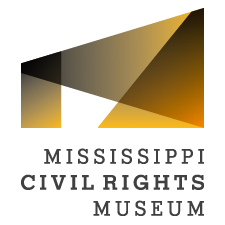Living and Working in Mississippi
Volunteers performed a variety of functions. They did clerical work in project offices. They canvassed Black communities and worked on voter registration. They wrote press releases, answered phones, created leaflets, fliers, and picket signs. They taught children in Freedom Schools and adults in literacy/citizenship classes. They organized demonstrations, attended mass meetings, and lined up with Black Mississippians. Many volunteers lived with Black families and formed lasting friendships. Host families fed and housed volunteers.
